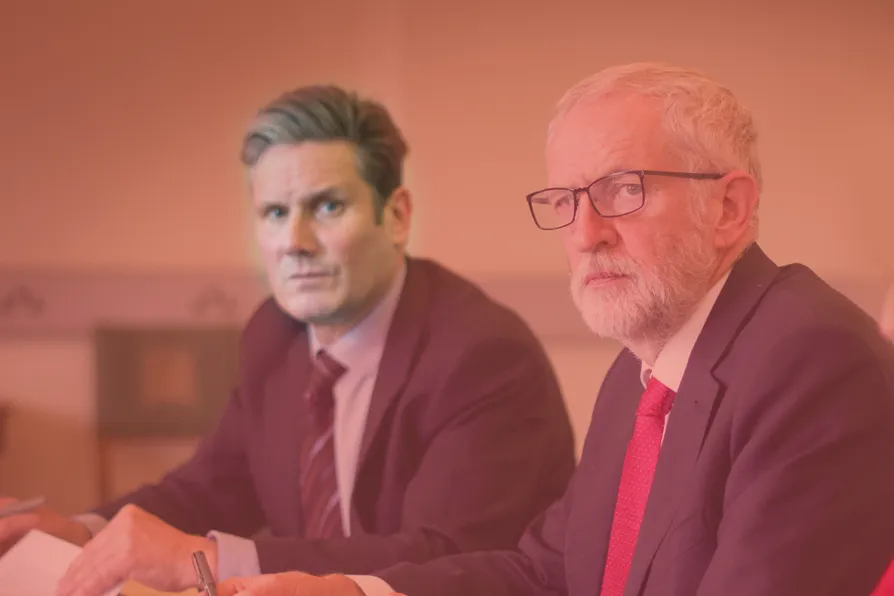LUKE FLETCHER outlines Plaid Cymru bold plans for wide-ranging policy consultations with trade unions in Wales


IN THE wake of a calamitously handled pandemic peak and growing calls for PM Johnson to resign with his guru-turned-nemesis Dominic Cummings sowing the seeds for yet another Tory psychodrama, political parties are preparing for a set of local, mayoral and assembly elections that will serve inevitably as a media barometer for the popularity of their leaders, amid the prospect of a possibly soon dis-United Kingdom.
Optimism for the liberties offered by the long awaited and much debated vaccine programme will be tempered by a lockdown-weary electorate keen to regain some semblance of a social life, amid the second summer of a long economic recession described by the Bank of England as the deepest since 1706. With all of this in mind, Grace Blakeley offers her own forecasts for the future of the economic and political landscape.
“A recession means there is more unemployment, lower wages, and workers have less bargaining power. Firms are being allowed to fire people and rehire them on insecure contracts, and automation means there are likely to be fewer jobs created over the long run because of the kind of investment we’re seeing in labour-saving technologies.

With ‘Your Party’ holding its founding conference in Liverpool this weekend, JEREMY CORBYN speaks to Morning Star editor Ben Chacko about its potential, its priorities — and a few of its controversies too

Incoming Usdaw general secretary JOANNE THOMAS talks to Ben Chacko about workers’ rights, Labour and how to arrest the decline of the high street

Durham Miners’ Association general secretary ALAN MARDGHUM speaks to Ben Chacko ahead of Gala Day 2025

JOE GILL looks at research on the reasons people voted as they did last week and concludes Labour is finished unless it ditches Starmer and changes course










